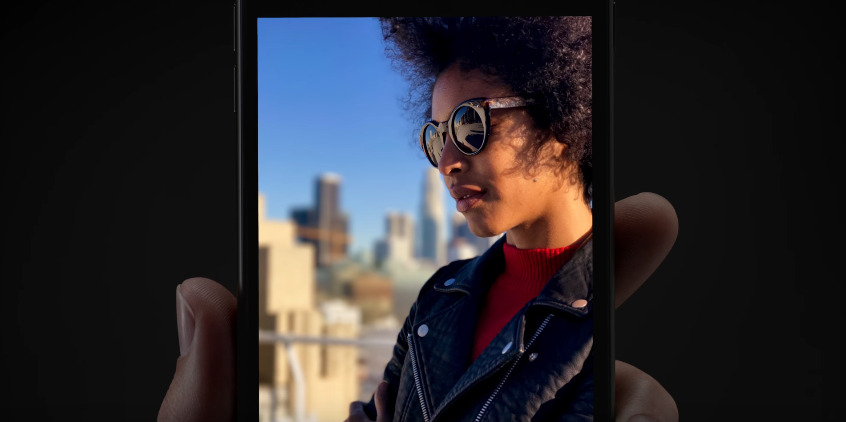Potentially aiding Qualcomm's trial defense against the U.S. Federal Trade Commission, Apple has admitted that for years, there was no other realistic option but Qualcomm when it wanted 4G modems for iPhones.
While the company considered alternatives like Broadcom, Ericsson, and Intel as far back as 2012, none of them could meet specifications, Apple's director of cellular systems architecture Matthias Sauer said in testimony on Jan. 18, as reported by Bloomberg. The company relied on Qualcomm 4G modems until 2016's iPhone 7.
Apple did consider using Intel for a 2014 iPad, Sauer added, but skipped the idea out of business reasons and a decision that it didn't need the specifications it had been looking for, such as carrier aggregation.
The FTC's lawsuit accuses Qualcomm of antitrust violations by forcing chip buyers to sign patent licenses at inflated rates. The Commission rested its case last week.
Qualcomm has defended its practices by a number of means, for example pointing to the high cost of innovation. Apple though has called the chipmaker's demands "onerous," at one point asking Apple to cross-license all its intellectual property to get a direct license for standards-essential patents, something Apple decided to skip.
COO Jeff Williams recently revealed that Apple wanted to return to a mix of Intel and Qualcomm modems for 2018 iPhones, but was shot down by Qualcomm CEO Steve Mollenkopf. The two companies have been engaged in a global legal war since 2017, instigated by Apple, which sued over nearly $1 billion in rebates allegedly withheld as retaliation for cooperation with antitrust investigators.
 Roger Fingas
Roger Fingas








 Wesley Hilliard
Wesley Hilliard
 Malcolm Owen
Malcolm Owen
 Andrew Orr
Andrew Orr
 William Gallagher
William Gallagher
 Sponsored Content
Sponsored Content
 Christine McKee
Christine McKee

 Thomas Sibilly
Thomas Sibilly






16 Comments
Admitted? was it a secret?
Admitted what? The obvious? I don’t understand what the gaff is, and yes I read the article.
Maybe implying that it may no longer be the case with future 5G tech. Meaning MAYBE Apple is building their own modems.